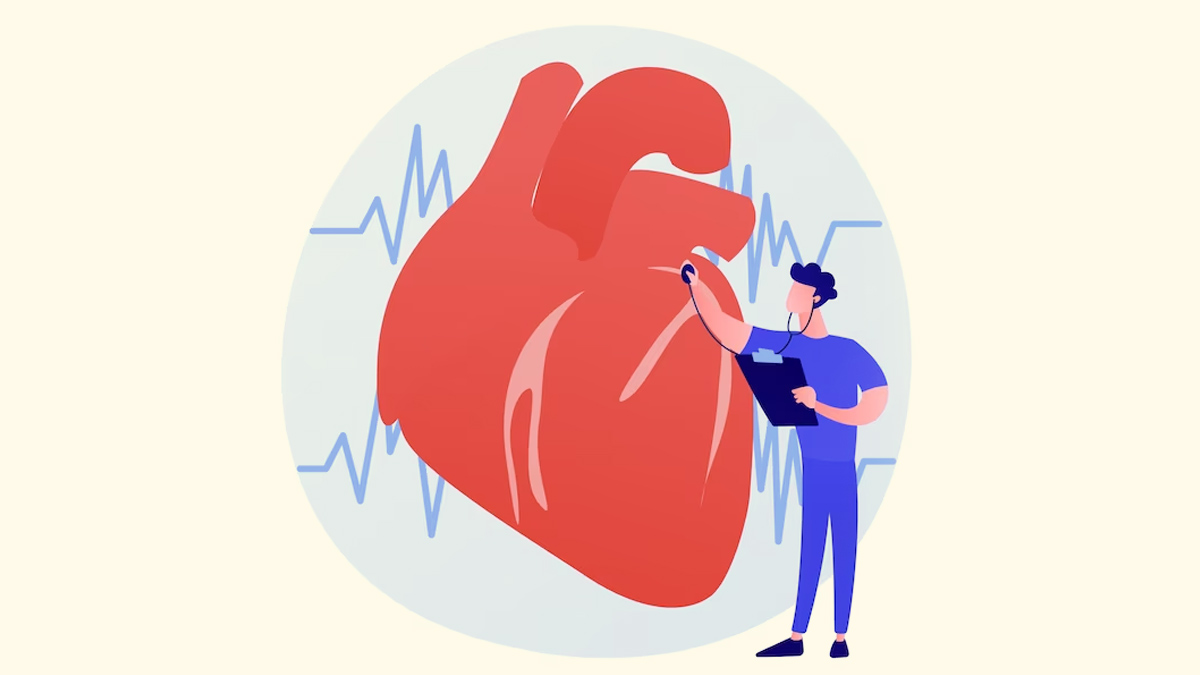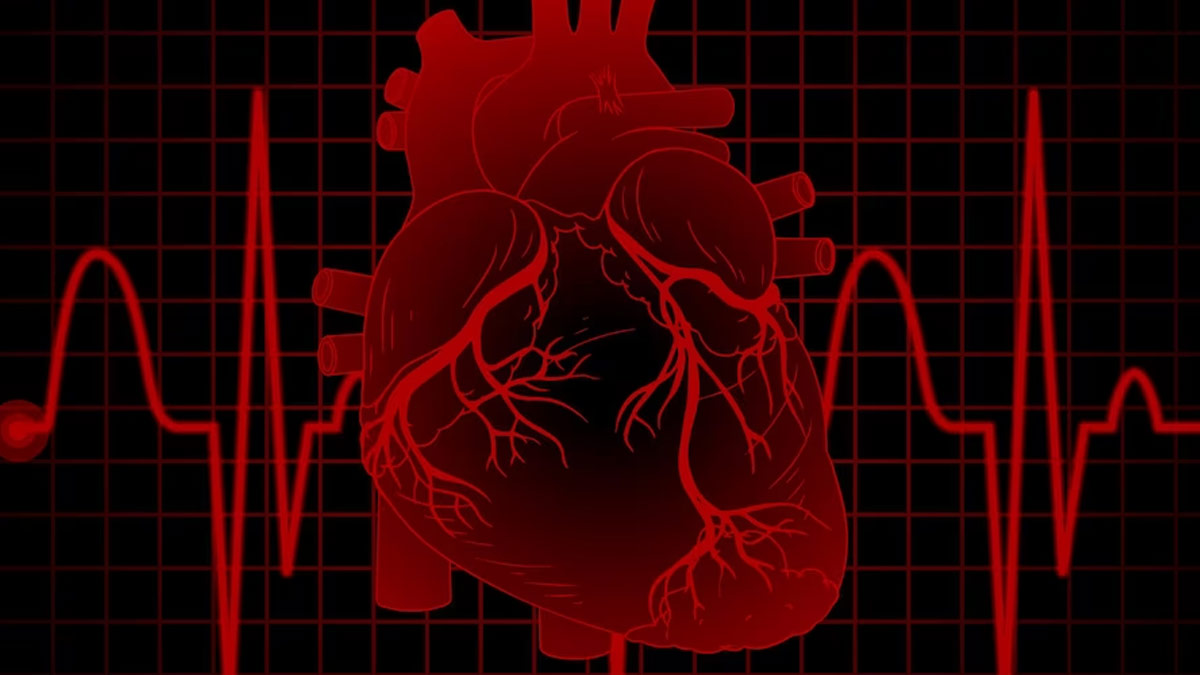
Heart attacks do not occur suddenly. Recognising the early warning signals can save a person's life. The signs of a heart attack can arise days or even weeks before the event. These early symptoms differ greatly from person to person, particularly between men and women. Being aware of these can assist you in seeking timely medical attention. According to Dr Zakia Khan, Senior Consultant, Interventional Cardiology, Fortis Hospital, Kalyan, here are some symptoms that may appear days or weeks before a heart attack:
Table of Content:-

For Everyone It Is Important To Consider
- Chest Discomfort or Pain: This is the most common sign of heart danger. The pain is often described as pressure, squeezing, fullness, or pain in the center or left side of the chest. This discomfort or pain can last for more than a few minutes or goes away and comes back.
- Fatigue: Unusual fatigue can occur during both the early and later stages before a heart attack. Performing simple activities that didn't used to tire you out can suddenly become exhausting.
- Shortness of Breath: Feeling winded at rest or with minimal exertion might indicate that your heart is not pumping effectively.
- Sleep Disturbances: Some people may experience disruptions in their sleep patterns without an apparent reason before a heart attack.
- Indigestion, Nausea, or Lack of Appetite: These symptoms can occur, especially in women, and might be mistaken for heartburn or a stomach ulcer.
- Anxiety: A feeling of doom or severe anxiety for no apparent reason can sometimes precede a heart attack.
Also read: A Cardiologist Shares Whether A Heart Attack Can Be Detected Before It Occurs
Additional Signs in Women
Women may experience slightly different symptoms in the days or weeks leading up to a heart attack. In addition to the above, they may also experience:
- Neck, Jaw, Shoulder, Upper Back, or Abdominal Discomfort
- Women are more likely to describe this pain as sharp or burning, and more frequently have pain in the neck, jaw, throat, abdomen, or back.
- Dizziness or Lightheadedness
- Feeling woozy or lightheaded for no apparent reason can also be a sign that a heart attack is imminent.

Important Considerations
Not all people who have heart attacks experience the same symptoms or the same severity of symptoms. Some have mild pain; others have more severe pain. Some have no symptoms at all. The absence of severe pain does not mean it's not a heart attack.
Silent Heart Attack: Some heart attacks are "silent," meaning they occur without clear or recognizable symptoms. This is more common in individuals with diabetes.
Know What Action Should Be Taken
If you or someone you know is experiencing these symptoms, especially if the symptoms are new, unexplained, or feel severe, it's important to seek medical attention immediately. Don't wait to see if the symptoms go away or dismiss them as minor issues. Early intervention can significantly reduce damage to the heart muscle and improve the chances of survival.
Also read: Is Your Arm Pain Related To Heart Attack? Expert Answers
Prevention
Preventing heart disease and reducing the risk of heart attacks involve lifestyle changes, such as eating a heart-healthy diet, exercising regularly, avoiding tobacco, managing stress, and getting regular health screenings to monitor blood pressure, cholesterol levels, and diabetes.
Also watch this video
Read Next
Tamil Actor Daniel Balaji, 48, Dies Of Heart Attack In Chennai; Risk Factors for Heart Disease
How we keep this article up to date:
We work with experts and keep a close eye on the latest in health and wellness. Whenever there is a new research or helpful information, we update our articles with accurate and useful advice.
Current Version